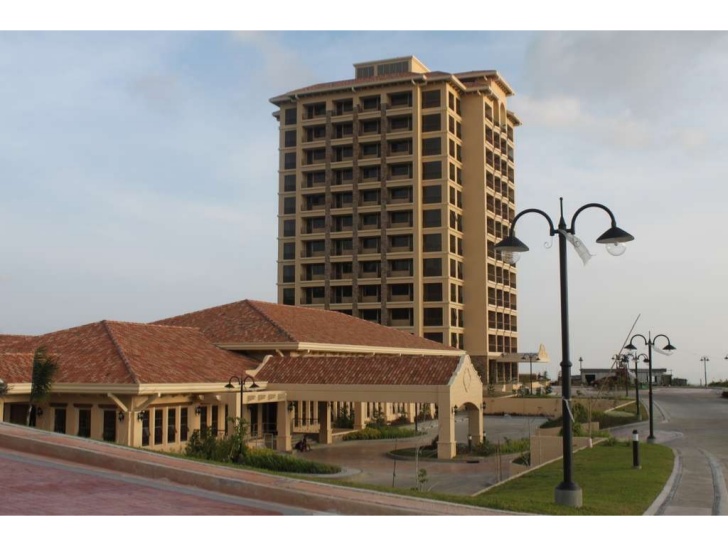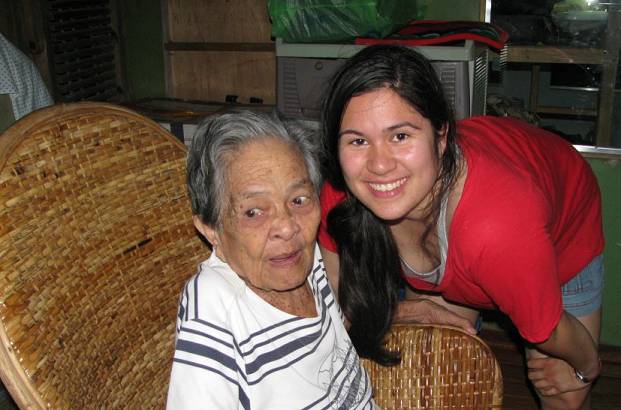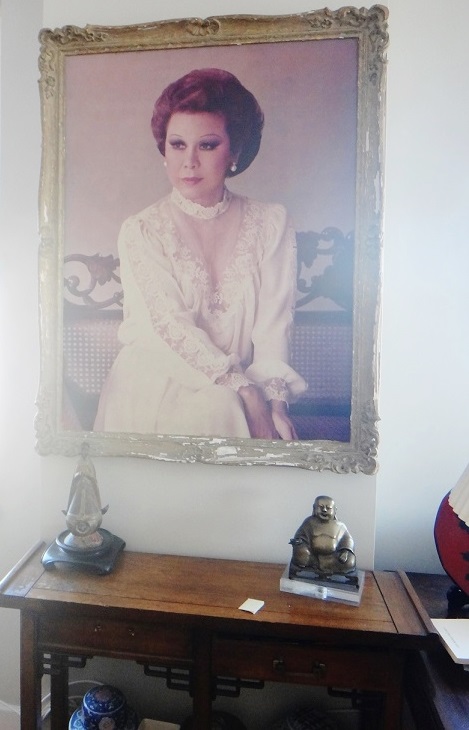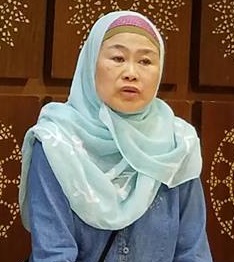When ‘staying home’ redefines the meaning of real estate
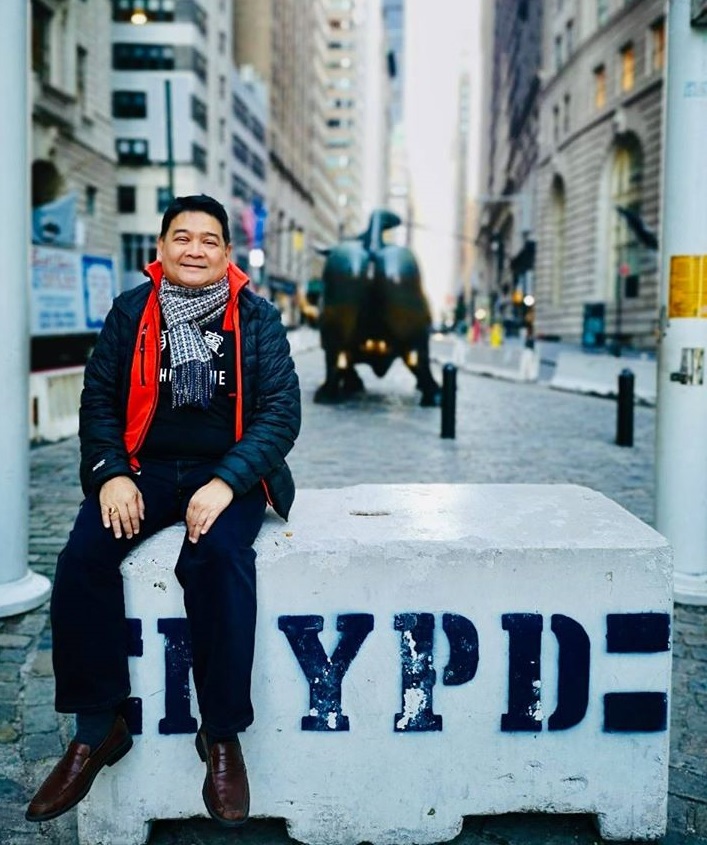
By Cristina DC Pastor
“Stay home.”
The cautionary phrase seems to have flipped real estate on its head in New York
City where property is one of the hottest selling commodities aside from
Broadway. People are selling homes and fleeing homes; they are renting instead
of buying homes.
Real estate has been “significantly shaken” by the vicious coronavirus, with
property professionals interviewed by The FilAm predicting a future that will look
very different.

“It will not be the same as before,” said Nonoy Rafael, a licensed
real estate salesperson with Charles Rutenberg Realty Inc.
Right now, the changes are easily visible with real estate showings being
conducted online through virtual tours, and meetings between agents and buyers
done through Zoom or Facetime.
“Currently, all Open Houses in New York have been ‘closed,’” he said.

Limited showings are scheduled and sellers, buyers, landlord, tenants, and brokers cannot be in the same place at the same time due to the nationwide implementation of social distancing. Not to mention that when a meeting does take place, everyone must wear a mask. “Electronic and digital contracts are the new norms,” he added.
“Welcome to the new normal,” said Edwin Josue, an Associate Real Estate Broker at Halstead Property where property tours are done via Instagram, Facebook Live, and YouTube. “It’s the world of virtual reality with virtual showings, virtual communications, and virtual closings.”
COVID has harshly impacted the industry, especially a luxury market that is at its weakest in years, according to Stevenson Van Derodar, a licensed real estate salesperson of R New York, formerly Charles Rutenberg Manhattan.
In the luxury market, he said: “There has been an average 21 percent drop in average price per square meter at the end of the 1st Quarter. Overall inventory across market levels is down. Listing inventory was down 8 percent year-on-year since the first quarter and even more down for the 2nd Quarter with COVID-19 and with reduced person-to-person meetings.” He shared how a colleague was showing a building listing at a multi-million price and it was taking a longer time in the market than usual.
“Real estate in New York is in a frozen zone,” said Rafael.
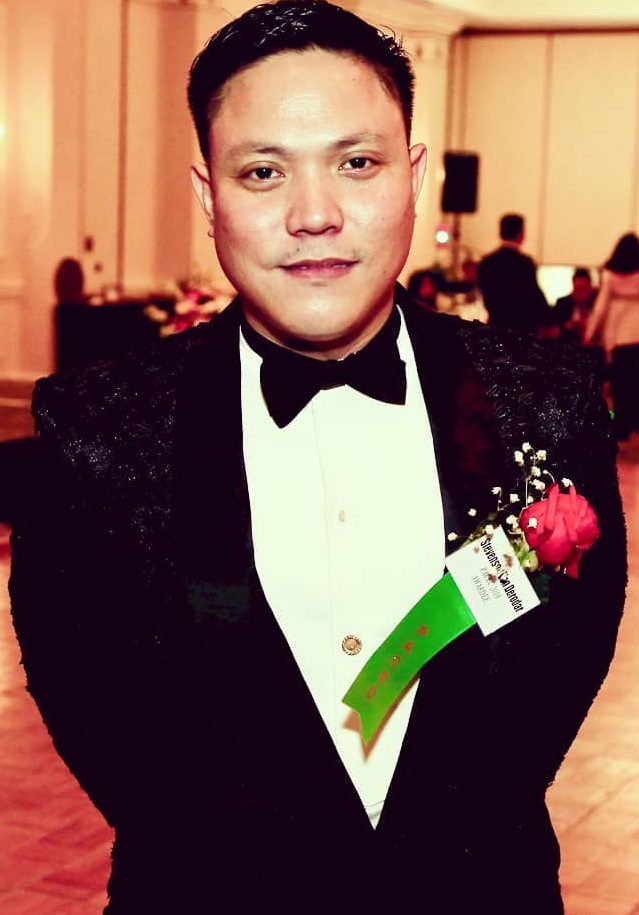
As for rentals, Van Derodar said few landlords are offering concessions and reducing prices to accommodate the adjustments in the market. He knows though of a landlord who did not raise his rentals as an incentive to excellent renters with no delinquencies or as a condition for updated due date payments.
Josue noted how real estate has been picking up in the 1st Quarter of 2020 despite months of tepid market activity in the previous quarters, both in terms of sales and rentals.
“Then the lockdown happened,” he said. “The market was in a standstill, but there were sales and rentals that continued to happen as contracts were in place prior to it.”
He said Halstead has reported an uptick in traffic of interest especially among buyers and renters. In the high-end market, there are still people who inquire especially families in need of space as a result of the lockdown, he said. There is interest also coming from renters as some apartment prices have remained unchanged. “It’s all based on supply and demand.”
Rafael pointed out how real estate contracts now include a disclosure of COVID history of all people involved as implemented by the State.
The COVID-19 Disclosure form notifies the seller and buyer of the risks of potential exposure to the virus associated with permitting an individual to enter the property. “Things are changing,” he stressed.
With resilience a hallmark of New York, all three agree it is a just matter of time for the industry to recover.
“New Yorkers are well-known to be resilient from the myriad dilemma we have faced. Hopefully, with God’s blessings, we will have a formidable surge of activity when normalcy returns,” said Rafael.
It will not be the normal we know, but a new mode of social interaction where people are meters apart from each other, said Josue. It will likely be implemented in commercial establishments like movie houses, schools, banks, or churches.
Said Josue with a touch of resignation: “We need to find a cure soon.”
© The FilAm 2020



